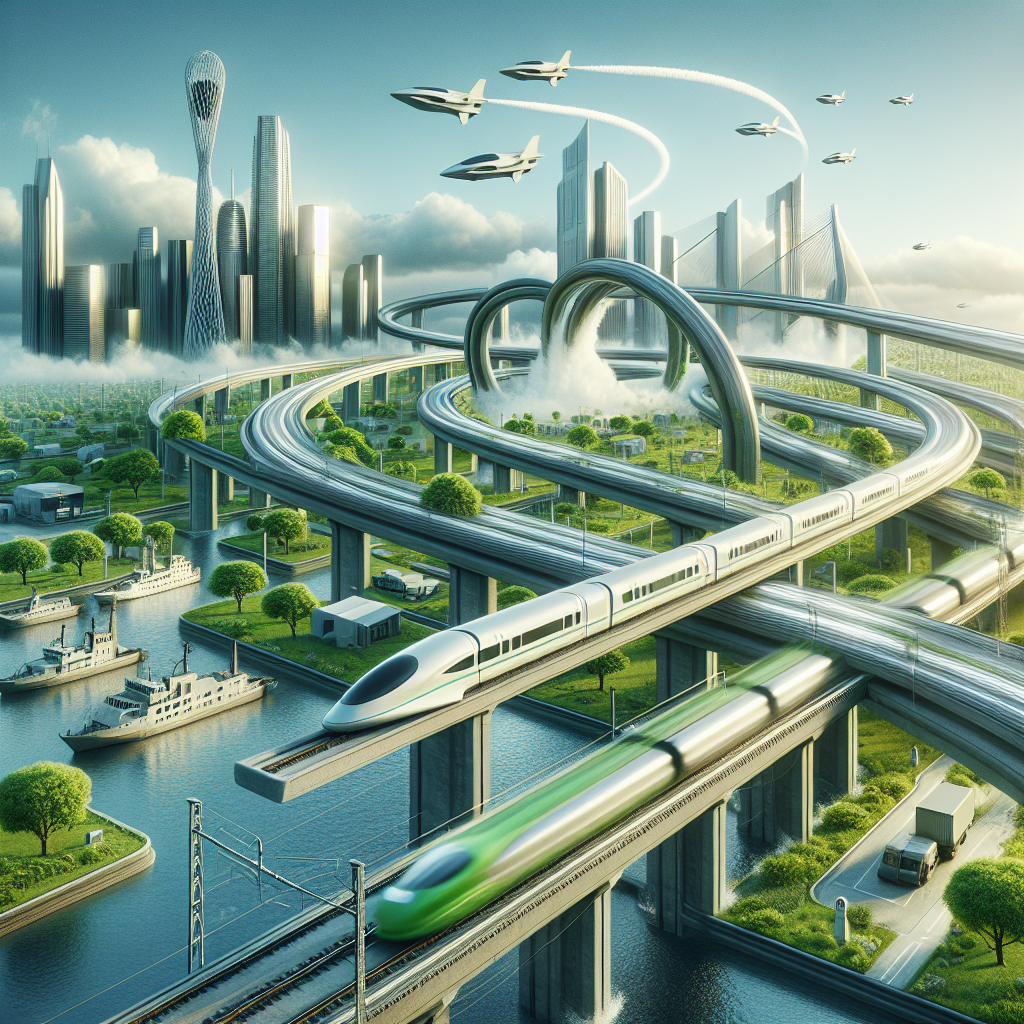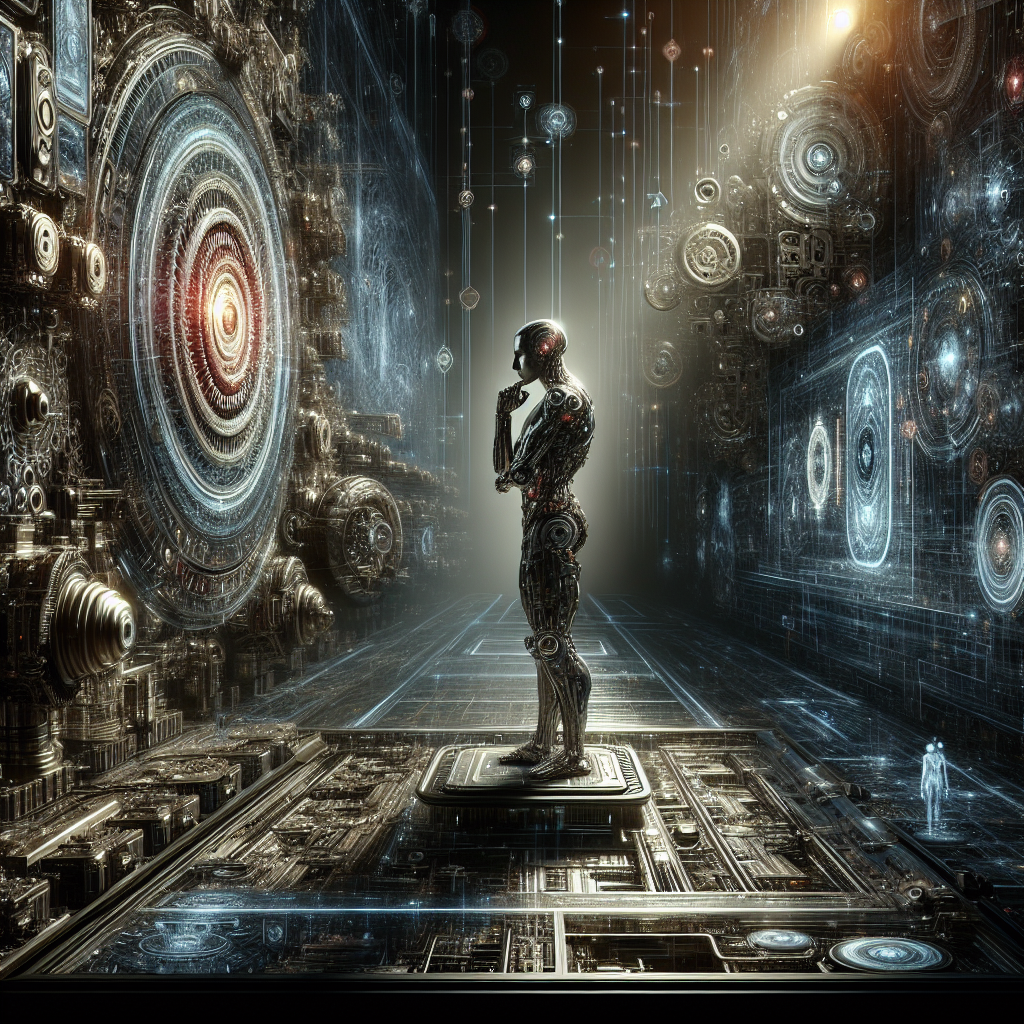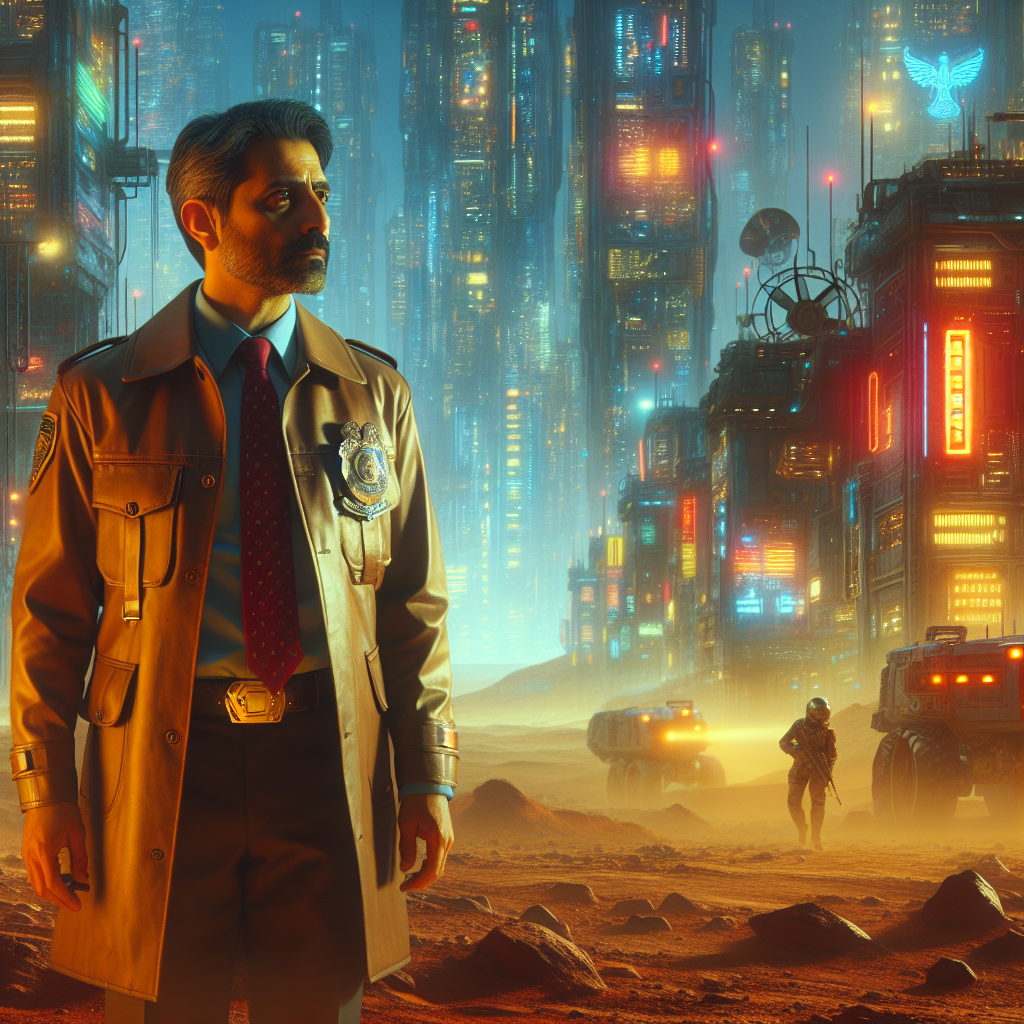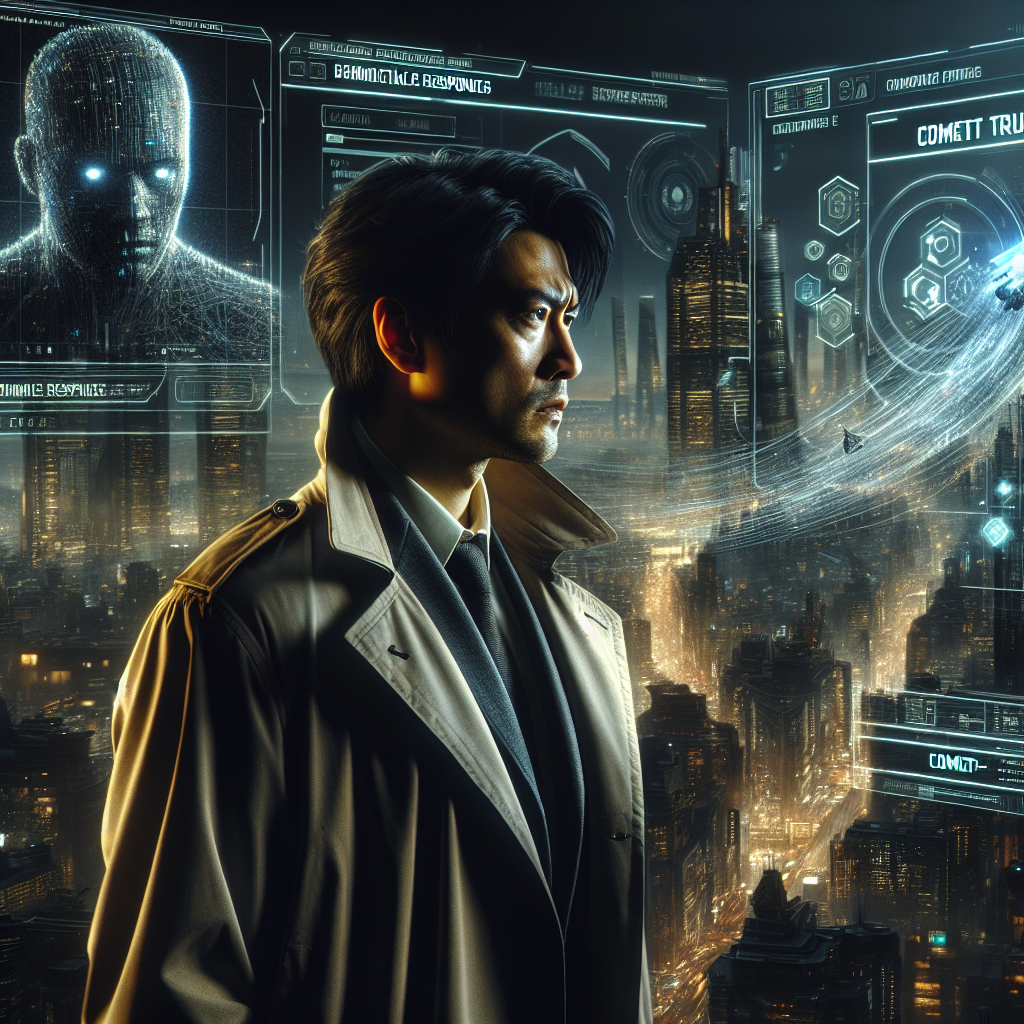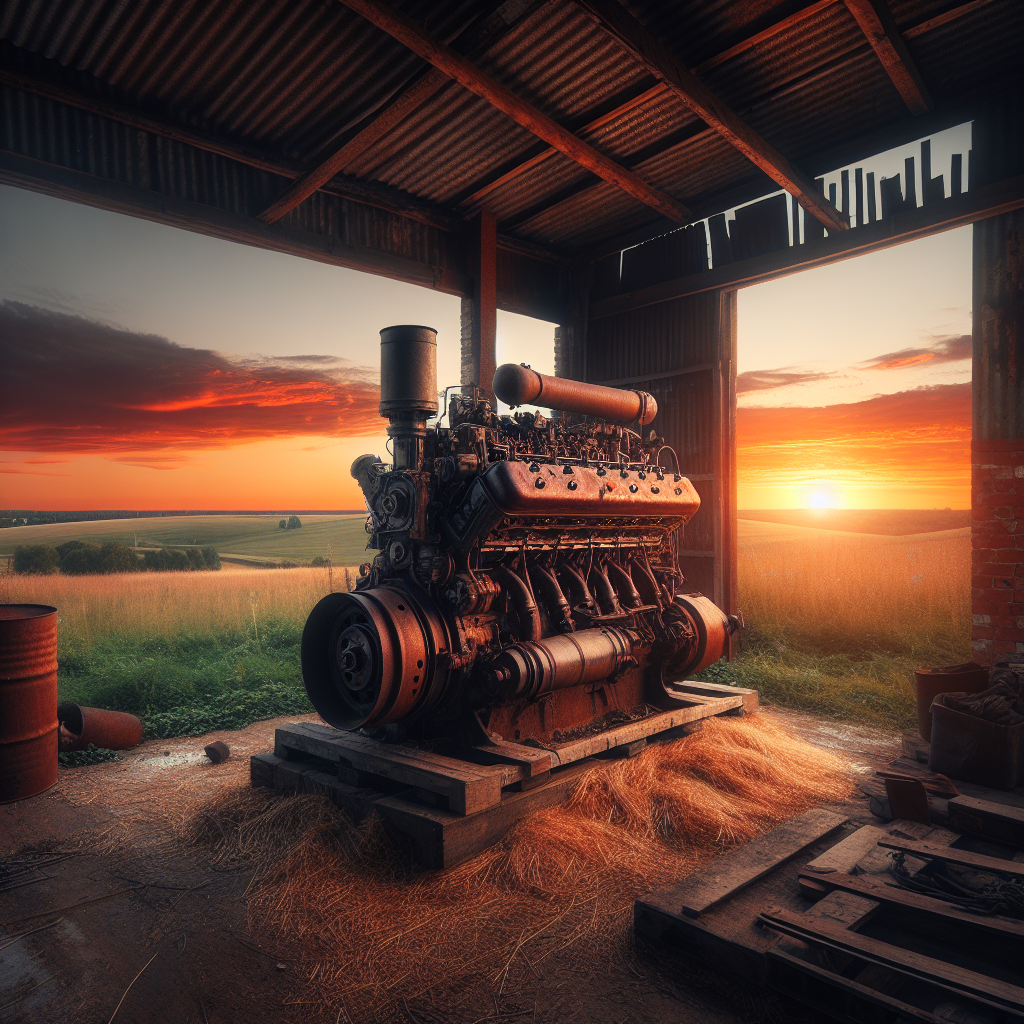
As the world shifts towards a greener future, the era of diesel engines in personal transportation is witnessing its twilight. The once-revered symbol of power and performance is gradually being replaced by cleaner, more efficient technologies. This is a reflective piece on the decline of diesel engines, tracing their journey from dominance to decline.
In the early 20th century, the invention of the diesel engine marked a significant leap in automotive engineering. It promised power, efficiency, and resilience, quickly becoming the heart of many automobiles worldwide. The diesel engine was a marvel of its time, providing unmatched torque and fuel economy. It was the engine of choice for long-distance travellers and heavy-duty vehicles, and soon, it became synonymous with endurance and reliability.
However, as time wore on, the darker side of diesel began to emerge. Its environmental impact became increasingly apparent, as did the health risks associated with its emissions. The diesel engine, once a symbol of progress, was now a symbol of pollution. The turn of the century saw a seismic shift in the automotive industry's approach to environmental sustainability.
The focus shifted towards cleaner, more efficient technologies, and the diesel engine found itself under scrutiny. Regulatory pressures and consumer demand for greener options began to take their toll. Diesel, once the king of the road, was losing its crown. Sales of diesel cars started to decline, and manufacturers began to divert their resources towards developing hybrid and electric vehicles.
The Volkswagen emissions scandal in 2015 was a significant blow to diesel's reputation. It exposed the extent to which manufacturers were willing to go to meet emissions standards, further tarnishing the image of diesel engines. Yet, despite its decline, the diesel engine has left an indelible mark on the automotive industry. It has driven innovation and pushed the boundaries of what is possible in automotive engineering.
As we bid farewell to the era of diesel engines in personal transportation, we must acknowledge the role they have played in shaping our automotive history. They have fuelled our journeys, powered our adventures, and, in many ways, defined our relationship with cars. In the end, the sunset of diesel is not just about the decline of a technology. It's a testament to our evolving understanding of progress, a reflection of our changing values, and a symbol of our commitment to a more sustainable future.





















